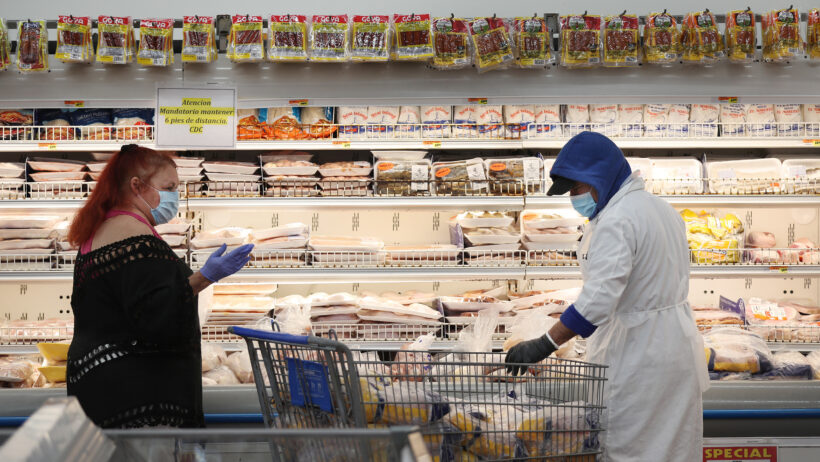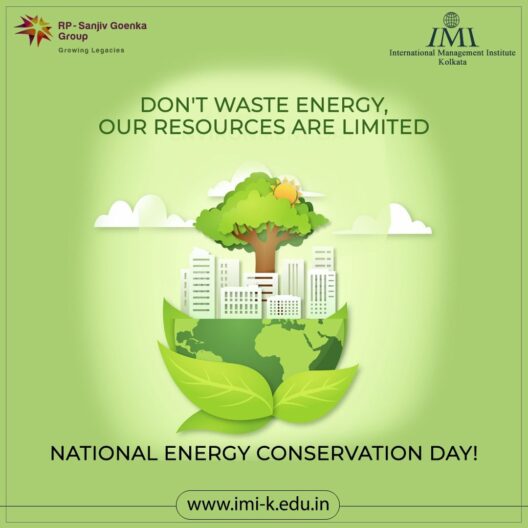The meat industry is often overlooked in discussions about climate change, yet its contributions to environmental degradation are profound and multifaceted. As we confront an escalating climate crisis, it becomes imperative to scrutinize the practices and implications of animal agriculture. This examination not only reveals the detrimental effects of meat production on our planet but also prompts a necessary shift in our collective perspective towards alternative dietary practices.
It is estimated that the livestock sector contributes approximately 14.5% to global greenhouse gas emissions—this figure is comparable to the emissions produced by the entire transportation sector. The main culprits within this industry include methane and nitrous oxide, both of which are significantly more potent than carbon dioxide in terms of their global warming potential. The digestion process of ruminant animals like cattle produces methane, a greenhouse gas that is approximately 28 times more effective at capturing heat in the atmosphere over a 100-year period.
In addition to emissions from livestock themselves, the meat industry exacerbates climate change through deforestation. To accommodate the grazing needs of cattle, vast swathes of forest are cleared, releasing the carbon stored in trees and disrupting local ecosystems. For instance, the Amazon rainforest, often referred to as “the lungs of the Earth,” is rapidly being transformed into pastureland for beef production. This deforestation not only contributes to carbon emissions but also diminishes biodiversity, leading to the extinction of countless species.
Water usage in meat production is another pressing concern. The industry consumes a staggering amount of freshwater. According to some estimates, producing a single pound of beef requires up to 1,800 gallons of water, when considering the water needed for livestock drinking, feed crops, and processing. In contrast, producing the same amount of vegetables or grains generally necessitates far less water. As we grapple with water scarcity in many parts of the world, the prioritization of meat-based diets becomes increasingly untenable.
Moreover, the meat industry perpetuates a cycle of pollution through the application of fertilizers and pesticides on feed crops. These chemicals, designed to maximize yields, often leach into waterways, creating dead zones where aquatic life can no longer survive. The Gulf of Mexico is a stark example, where agricultural runoff has led to extensive areas of hypoxia, resulting in significant ecological and economic repercussions.
Cultivating fish and raising poultry also comes with its own set of environmental challenges. Overfishing depletes marine populations and disrupts aquatic ecosystems, while confined animal feeding operations (CAFOs) lead to the generation of immense quantities of waste. This waste is frequently stored in lagoons, which can overflow or contaminate local water supplies, further exacerbating the environmental toll.
Aside from the direct environmental impacts, the meat industry poses socio-economic challenges. The concentration of meat production in the hands of a few multinational corporations has ramifications for small farmers and local economies. These companies often employ methods that prioritize profit over sustainability, leading to exploitative labor practices and weakening community resilience.
Given the dire implications of meat production, it is essential to consider transformative solutions. Transitioning towards a plant-based diet could play a pivotal role in mitigating climate change. Research indicates that a global shift away from animal-based foods toward plant-based diets could reduce food-related greenhouse gas emissions by up to 70% by 2050. Such a transition not only benefits the environment but also promotes better health outcomes for individuals and communities.
Innovations in food technology are also propelling change in this sphere. Lab-grown meat and alternative protein sources, such as plant-based meat substitutes, present viable substitutes that require fewer resources and produce significantly lower emissions than traditional meat production. These developments are gradually changing consumer perceptions, indicating a growing acceptance of alternatives that can satisfy meat cravings without the associated ecological costs.
Education plays a crucial role in facilitating this paradigm shift. Raising awareness about the environmental impact of our dietary choices can empower individuals to make more sustainable decisions. Initiatives that promote plant-based eating often involve community engagement and collaborative culinary experiences, fostering connections between people, food, and the environment.
While the challenges posed by the meat industry are daunting, the opportunity for positive change is palpable. By adopting more sustainable practices and embracing alternatives, we have the potential to significantly reduce our ecological footprint. The advantages of such a shift are manifold, encompassing not only environmental benefits but also economic resilience, improved public health, and enhanced food security.
Ultimately, re-evaluating our relationship with food is both a pragmatic necessity and a moral imperative. As the world grapples with the growing specter of climate change, the onus is on individuals, communities, and policymakers alike to catalyze a transformation in our dietary systems. Embracing the challenge of reducing meat consumption and advocating for sustainable practices could prove to be one of the most substantial contributions each of us can make to combat climate change and preserve the planet for future generations.








